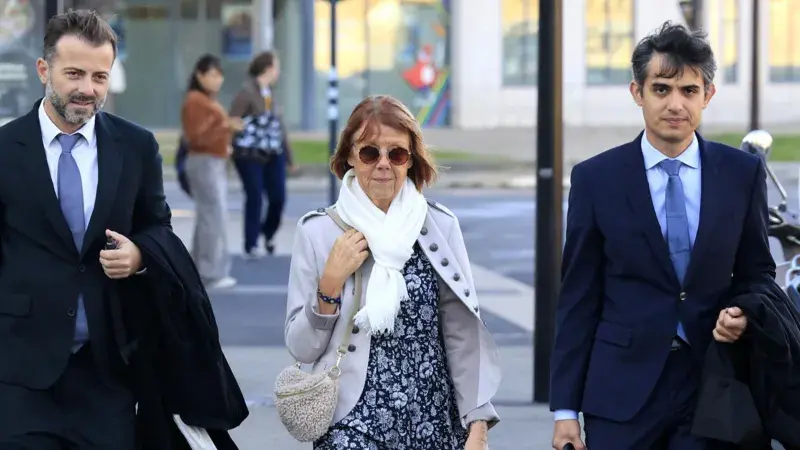Deepshikha Maan, Jadetimes Staff
D. Maan is a Jadetimes news reporter covering Asia
Hong Kong Man Sentenced to 14 Months for Wearing ‘Seditious’ T Shirt
First Conviction Under New National Security Law Draws Criticism from Rights Groups
A 27 year old Hong Kong man, Chu Kai pong, has been sentenced to 14 months in prison after pleading guilty to sedition charges for wearing a T shirt featuring a protest slogan. The sentence marks the first case under a new local national security law, commonly referred to as Article 23, which was enacted in March and expands upon the existing national security law imposed by Beijing in 2020.
Arrest for Wearing Protest Slogans
Chu was arrested in June at a subway station while wearing a T shirt that read "Liberate Hong Kong, revolution of our times," a slogan that gained widespread prominence during the 2019 anti government protests. He was also wearing a mask emblazoned with the acronym "FDNOL," standing for "Five demands, not one less," another rallying cry from the protests. Local reports suggest that Chu was also found carrying a box containing his own excrement, allegedly intended for use against those opposing his views.
Chu’s arrest took place on June 12, a symbolic date marking the anniversary of a major event in the 2019 protests, when large crowds gathered in the streets to demonstrate against the government. Chu reportedly told police that his intention in wearing the T-shirt was to remind people of the protests and their demands.
Previous Offenses and Court Hearing
This is not the first time Chu has faced legal action for similar activities. He was previously jailed for three months in a separate incident, also involving wearing a T-shirt with the same slogan and possessing offensive items.
In court, Chu pleaded guilty to one count of "doing an act with a seditious intention." Chief magistrate Victor So, who was specially appointed by the Hong Kong government to handle national security cases, delivered the ruling. In his judgment, So emphasized that Chu had shown no remorse following his previous conviction and stated that his actions were intended to “reignite the ideas behind” the 2019 protests. The severity of the sentence, So argued, was meant to reflect the seriousness of the sedition charge.
Criticism from Human Rights Organizations
The conviction and sentencing of Chu have sparked outrage among human rights advocates. Amnesty International's China director, Sarah Brooks, called the ruling "a blatant attack on the right to freedom of expression." She further urged authorities to repeal Article 23, arguing that such laws are being used to suppress dissent and erode civil liberties in the region.
The introduction of Article 23 has been met with significant concern from both local and international observers. Critics worry that the law grants the government greater power to stifle political opposition, limit free speech, and silence dissenting voices. However, Beijing and Hong Kong officials maintain that the law is essential for preserving stability and preventing threats to national security.
Growing Pattern of Sedition Cases
Chu’s sentencing follows another notable sedition case in Hong Kong last month, where two journalists from the now defunct pro democracy newspaper Stand News were found guilty of sedition. Their conviction marked the first such case targeting journalists since Hong Kong's handover from British to Chinese control in 1997.
The rising number of sedition charges, along with the increased enforcement of national security laws, signals a growing crackdown on pro democracy activism and media freedom in the city. As more cases continue to emerge, the impact of these legal measures on Hong Kong's civil liberties remains a critical point of concern for rights groups and the international community.



